Mum & You are a team of mums, so we know exactly how it feels the first time you need to change a little baby’s nappy when you have never done it before! That’s why we’ve put together this super-simple step-by-step guide to changing a nappy for newborns, babies or toddlers….
How to change a nappy
Step one:
Lay your baby down on a comfy spot or changing mat, undo their clothes and take off the dirty nappy. If they have done a poo, you can use the nappy to wipe away some of the excess as you take it off. For newborn boys, when you have undone the nappy, wait a few seconds before you take it off fully in case the cold air makes them wee!
Step two:
Using gentle motions, clean baby with wipes, being careful to check creases around the legs. For boys, you may need to gently lift their penis or testicles to get rid of any residue. For girls, always wipe from the front towards the back to prevent infection.
Step three (optional):
If baby is suffering from nappy rash, apply a purpose-built nappy cream to reduce soreness. Our Mum and You nappies are made without the use of nasty chemicals such as perfumes, latex and lotions so they’re gentle on sensitive skin. They also have smart tubes to take any wetness away from the skin, reducing any redness and uncomfortable moments!
Step four:
With one hand, lift up both of baby’s legs and place the back of the fresh nappy under baby’s back.
Step five:
Put babies legs down, pull the front of babies nappy to the front and attach the left and right wings to the front. Check that these are in line and smooth, as wonky wings can cause the nappy to loosen on one side. For newborns, the nappy should sit under the belly button.
Step six:
Check the nappy isn’t too tight around the legs or tummy and pull out the frills around the legs as these prevent leaks. You can now get baby dressed.
Step seven:
Dispose of your nappy and wipes, wash your hands and put your changing mat away until next time!
Top tips for nappy changes
Changing your baby’s nappy sounds simple in practice, but we all know how unpredictable babies and wriggly toddlers can be! So we’ve put some top tips together to make nappy changes (and on-the-go messes) even easier to sort.
- Adding a soft cotton muslin on the changing mat will make the mat feel warmer for baby’s back. And, if there are any wees while you’re changing, these can be really quickly mopped up. You can also use the muslin to gently dry the area after using wet wipes.
- When changing, pull their clothes up and over their shoulder to prevent leaks and wet clothes when redressing.
- Most vests have a fold in the shoulder. This is so you can easily take baby’s arms out and pull the vest down their body rather than over the head if they have leaked.
- If your baby is particularly wriggly or fussy, our Nappychat eco nappies are perfect for distracting them with chatting, singing or stories inspired by the characters on the nappy.
- Our biodegradable baby wipes can be disposed of in a compost bin (when used for wee and leaks‡) or your normal black bin. They also degrade in landfill*, making the convenient choice for the eco-conscious.
- For super wrigglers, our top tip is to get everything ready in advance. Changing mat unfolded, wipes out the pack and fresh nappy next to you. Encourage them to babble, sing or clap with you while you change them. For older bubs, have them stand up for quick wet nappy changes or switch to nappy pants for easy changes.
Nappy changing FAQs
We know that nappy changes (and all the components!) can initially feel overwhelming. Below are some of our most frequently asked questions.
How do I know when it’s time to change a nappy?
Our Mum and You nappies have a handy wetness indicator to show you when it’s time to change! However, soiled nappies should be changed as soon as you notice to avoid uncomfortable bums and nappy rash. More often than not, a changing schedule that matches baby’s feeding schedule for young babies will be sufficient to guard against wetness and leaks.
Do I need to change my baby in the night?
We understand that getting your baby to sleep at night time can be an epic feat! Both our eco nappies and nappy pants prevent leaks for up to 12 hours. However, if they wake up at night for a feed and the nappy feels bulky, that’s the perfect time to change them. Poos should always be changed at night.
How many times a day do babies need changing?
Generally speaking, babies need changing 6-8 times a day, with younger babies and newborns up to 12 times a day.
What should I do about nappy rash?
Nappy rash can happen when the skin stays wet, babies aren’t changed often enough or their skin is sensitive to chemicals found in some brands of nappies. Our Nappychat nappies are super soft and don’t contain nasty chemicals, chlorine, perfumes, lotions or latex so they’re gentle on sensitive skin. They include smart tube technology to redistribute wetness and a super-absorbent core to take wetness away from the skin. This makes our nappies soft and comfortable to wear without leaks! But if little one does get nappy rash then a small amount of nappy cream and some nappy free time kicking around on the changing mat will help to clear it.
How should I dispose of a dirty nappy?
Wet nappies can be disposed of by rolling them up and securing them with their tabs before being popped into the household bin. Soiled nappies should be put into an outside bin.
What’s Nappychat?
Research has shown time and time again that chatting to your baby has a range of amazing effects! Babies who are regularly chatted to start communicating earlier, have better social interactions and have a richer vocabulary. We believe that reading stories, singing and chatting can make a big difference at changing time and beyond. That’s why we’ve created Nappychat nappies with a range of colourful and fun characters – giving mums and babies inspiration for silly stories, rhymes and songs!
What’s an eco nappy?
Eco nappies are made with eco-friendly and sustainable materials to reduce the impact on the planet and landfill. They’re made with fewer harsh chemicals – such as chlorine, perfumes, latex and lotions – and work in the same way as regular nappies. Our eco nappies are super-absorbent and comfortable to wear. They guard against leaks and even feature a wetness indicator to keep on top of your nappy changing schedule! Also our nappy production facility is powered by 100% renewable energy! And our packaging is made from 30% recycled content and 100% recyclable.
What are biodegradable wipes?
Unfortunately, baby wipes and the disposal of them causes huge environmental issues. Many contain single-use plastic, non-flushable and can take up to 100 years to biodegrade – polluting oceans and harming wildlife in the meantime. That’s why we’ve created biodegradable baby wipes! They’re plastic free and will biodegrade in around 15 days.
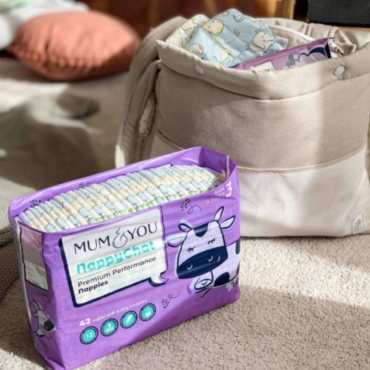
* Biodegradation testing in line with ASTM D5511 showed 86.6% biodegradation after 15 days of testing, compared to the positive reference (cellulose), this translates to 100.7% relative biodegradation. Wipes will compost according to European Standards EN13432.
‡ Wipes used for dirty nappies should be disposed of along with your normal household waste.

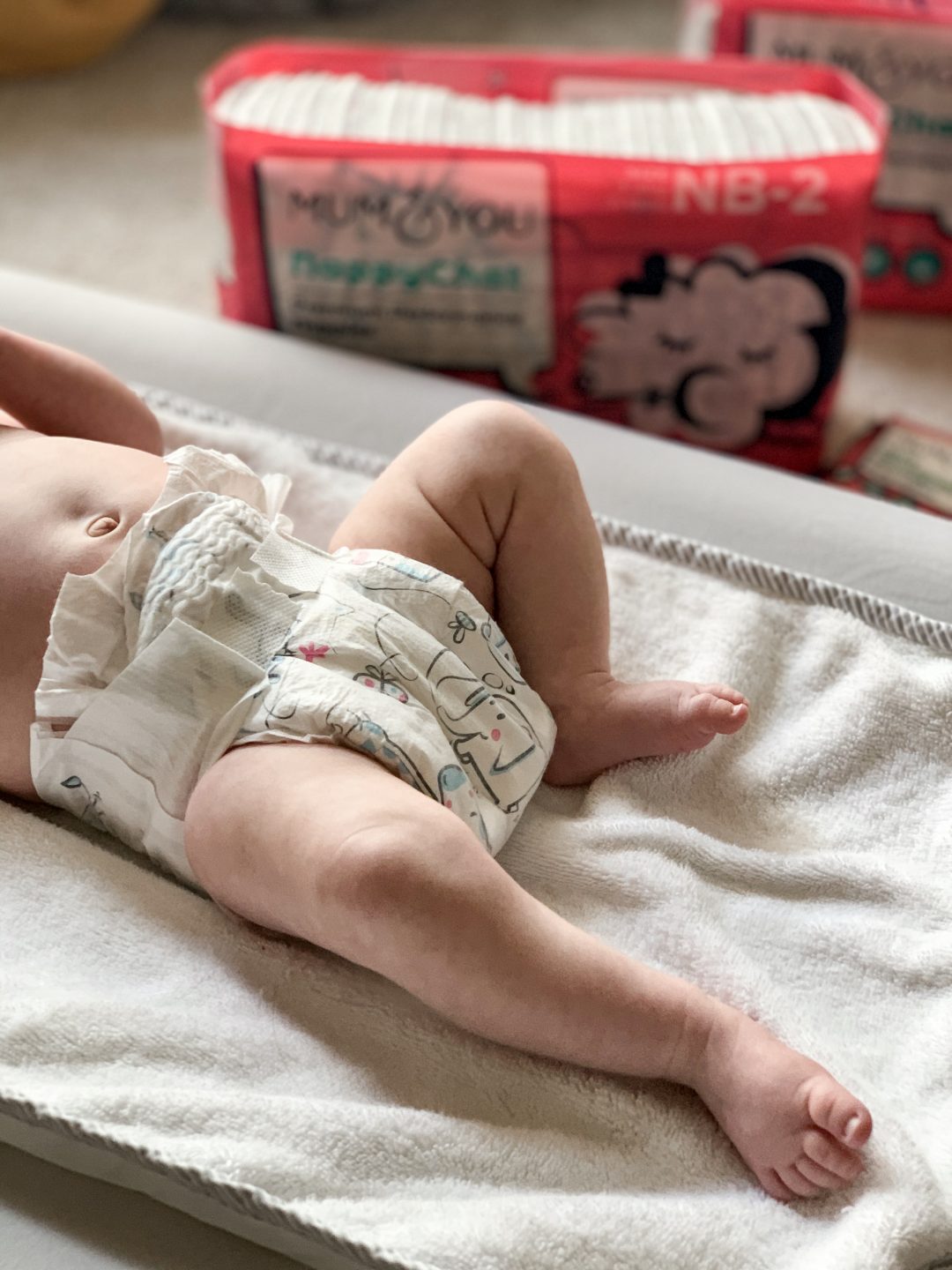
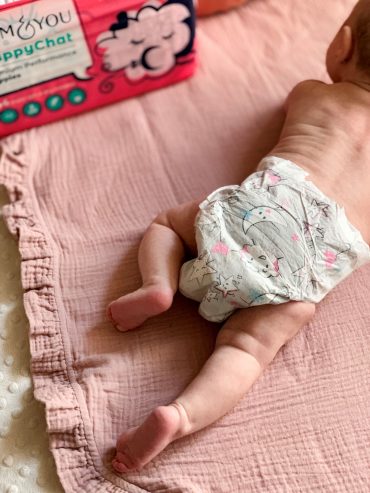
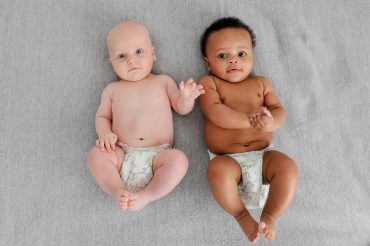

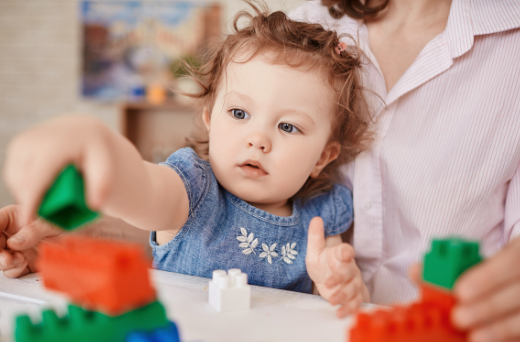

No Comments